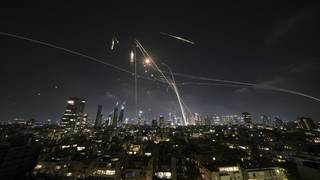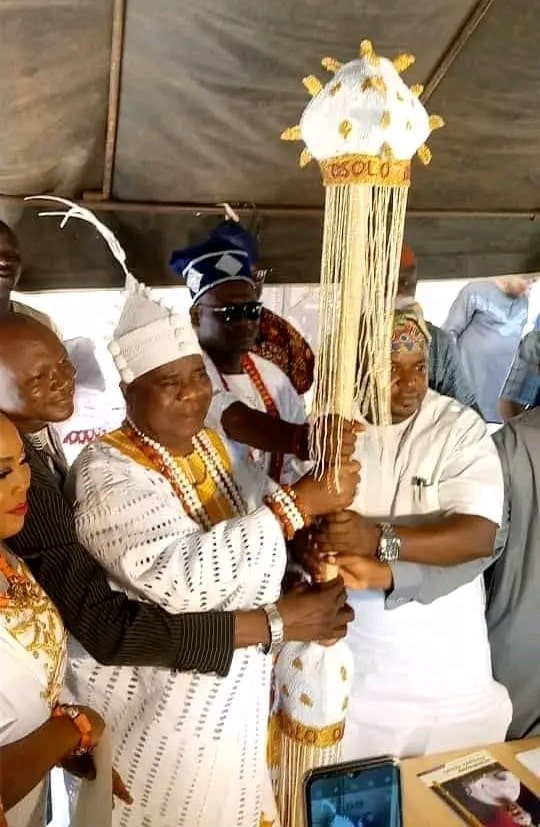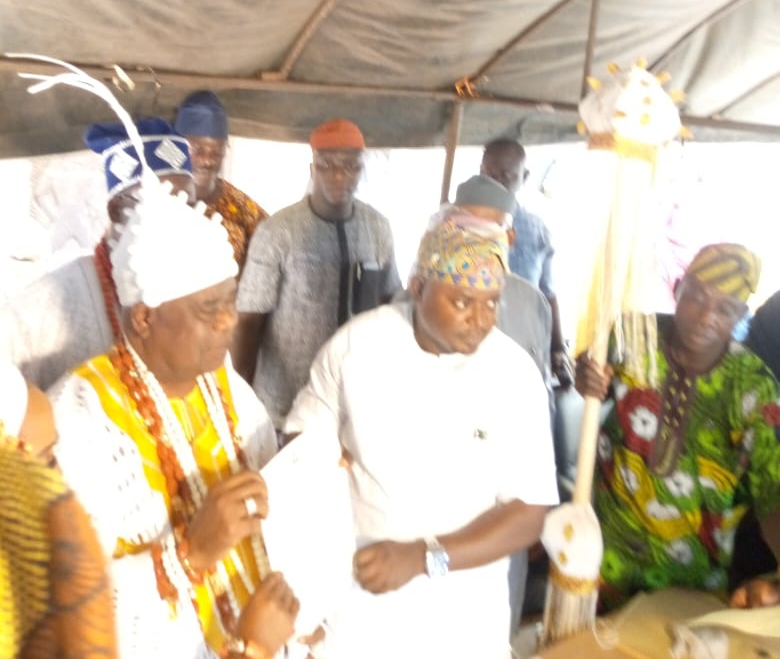South Africa’s President Ramaphosa addresses 78th UN General Assembly [FULL TEXT]

Statement by President Cyril Ramaphosa to the 78th Session of the United Nations General Assembly United Nations, New York 19 September 2023
President of the 78th Session of the UN General Assembly, Mr Dennis Francis,
United Nations Secretary-General Mr António Guterres,
Excellencies Heads of State and Government,
Ladies and Gentlemen,

Seventy-eight years ago, in the aftermath of the Second World War, the nations of the world made a solemn commitment to save future generations from the horror and the suffering of war.
Through the United Nations Charter these nations accepted a shared mandate to foster peace and to promote fundamental human rights, social progress and a better standard of life for all.
And yet, as we gather here, much of humanity is confronted by war and conflict, by want and hunger, by disease and environmental disaster.
Solidarity and trust between states is being eroded.
Inequality, poverty and unemployment are deepening.
In these conditions and in the wake of a devastating global pandemic, the achievement of the Sustainable Development Goals seem increasingly remote.
At the moment when every human effort should be directed towards the realisation of Agenda 2030, our attention and our energies have once again been diverted by the scourge of war.
But these woes, these divisions, these seemingly intractable troubles, can and must be overcome.
Over millennia, the human race has demonstrated an enormous capacity for resilience, adaptation, innovation, compassion and solidarity.
At this moment, we are all called upon to reaffirm these essential qualities that define our common humanity.
These qualities must be evident in how we work together as a global community and as nations to end war and conflict.
Democratic South Africa has consistently advocated for dialogue, negotiation and diplomacy to prevent and end conflict and achieve lasting peace.
It has committed itself to the promotion of human rights, human dignity, justice, democracy and adherence to international law.
From the experience of our own journey from apartheid to democracy, we value the importance of engaging all parties to conflicts to achieve peaceful, just and enduring resolutions.
It is these principles that inform South Africa’s participation in the African Peace Initiative, which seeks a peaceful resolution of the conflict between Russia and Ukraine.
In this conflict, as in all conflicts, we have insisted that the UN Charter’s principle of respect for the territorial integrity of every country should be upheld.
Our participation in the African Peace Initiative is informed by a desire to see an end to the suffering of those most directly affected by the conflict and the millions on our continent and across the world who, as a result of the conflict, are now vulnerable to worsening hunger and deprivation.
As the international community, we must do everything within our means to enable meaningful dialogue, just as we should refrain from any actions that fuel the conflict.
As we confront other conflicts in several parts of the world, including on our continent Africa, we need to be investing in prevention and peacebuilding.
We support the call by the UN Secretary-General in the New Agenda for Peace for Member States to provide more sustainable and predictable financing to peacebuilding efforts.
As a global community, we should be concerned by recent incidents of unconstitutional changes of government in some parts of Africa.
The global community needs to work alongside the African Union to support peace efforts in the eastern DRC, Libya, Sudan, Somalia, Mali, Central African Republic, South Sudan, northern Mozambique, the Great Lakes Region, the Sahel, Niger and the Horn of Africa.
The African Union Peace and Security Council has declared that it stands ready to deepen its cooperation with the UN Security Council to silence the guns on the African continent and to achieve peace, stability and development.
We are called upon to remain true to the founding principles of the United Nations, by recognising the inalienable right of the people of Western Sahara to self-determination in line with the relevant UN General Assembly resolutions.
We must work for peace in the Middle East. For as long as the land of the Palestinians remains occupied, for as long as their rights are ignored and their dignity denied, such peace will remain elusive.
The actions of the Government of Israel have imperiled the possibility of a viable two state solution.
The principles of the UN Charter on territorial integrity and on the prohibition on the annexation of land through the use of force must be applied in this situation.
South Africa continues to call for the lifting of the economic embargo against Cuba, which has caused untold damage to the country’s economy and people.
Sanctions against Zimbabwe should also be lifted as they are imposing untold suffering on ordinary Zimbabweans.
As many people around the world are confronted by hunger and want the essential human qualities of cooperation and solidarity must be evident in the actions we take to bridge the divide between wealthy and poor.
We must summon the necessary will and resolve to regain the momentum towards the achievement of the 2030 Agenda.
This means that we must address the fundamental development challenges that have long characterised our unequal world.
To address the developmental challenges that face many people in the world we required targeted investment, technology transfer and capacity building support, especially in key areas such as industrialisation, infrastructure, agriculture, water, energy, education and health.
This also requires predictable and sustained financial support, including supportive trade policies, from the international community.
We call on our partners from wealthier countries to meet the financial commitments they have made.
It is a great concern that these wealthier countries have failed to meet their undertakings to mobilise 100 billion dollars a year for developing economies to take climate action.
We support the proposals outlined in the Secretary-General’s Sustainable Development Goals Stimulus.
In particular, we support the call to tackle debt and debt distress, to massively scale up affordable long-term financing to 500 billion dollars a year, and to expand contingency financing to countries in need.
It is a grave indictment of this international community that we can spend so much on war, but we cannot support action that needs to be taken to meet the most basic needs of billions of people.
The achievement of the Sustainable Development Goals depends fundamentally on the empowerment of women in all spheres of life.
Social and economic progress will not be possible unless we end gender discrimination. We must ensure that there is equal access for women to health care, education and economic opportunities.
We must pay particular attention to the provision of adequate health services to every woman, child and adolescent. By doing so, we will fundamentally improve the health and well-being of all.
The empowerment of women must be central to the actions we now take towards the realisation of Agenda 2030.
The essential human qualities of innovation and adaptation must be evident in the actions we take to prevent the destruction of our planet.
Africa is warming faster than the rest of the world.
We are told that of the 20 climate hotspots in the world, 17 are in Africa.
Centuries after the end of the slave trade, decades after the end of the colonial exploitation of Africa’s resources, the people of our continent are once again bearing the cost of the industrialisation and development of the wealthy nations of the world.
This is a price that the people of Africa are no longer prepared to pay.
We urge global leaders to accelerate global decarbonisation while pursuing equality and shared prosperity.
We need to advance all three pillars of the Paris Agreement – mitigation, adaptation and support – with equal ambition and urgency.
African countries, alongside other developing economy countries, need increased financial support to both implement the 2030 Agenda and achieve their climate change goals in a comprehensive and integrated manner.
We need to operationalise the Loss and Damage Fund for vulnerable countries hit hard by climate disasters, as agreed at COP27.
Africa has embraced this challenge.
Africa is determined to deploy smart, digital and efficient green technologies to expand industrial production, boost agricultural yields, drive growth and create sustained employment for Africa’s people.
As the global community, we must ensure the essential qualities that define our humanity are evident in the institutions that manage the conduct of international relations.
We require institutions that are inclusive, representative, democratic and advance the interests of all nations.
We require a renewed commitment to multilateralism, based on clear rules and supported by effective institutions.
This is the moment to proceed with the reform of the United Nations Security Council, to give meaning to the principle of the sovereign equality of nations and to enable the council to respond more effectively to current geopolitical realities.
We are pleased that the Common African Position on the reform of the Security Council is increasingly enjoying wide support.
This process must move to text-based negotiations, creating an opportunity for convergence between Member States.
We must ensure that the voice of the African continent and the global South is strengthened in the United Nations and broader multilateral system.
All the peoples represented here in this United Nations had their origins in Africa.
In Africa, they developed the tools and capabilities to spread across the world and achievable remarkable feats of development and progress.
Despite its history, despite the legacy of exploitation and subjugation, despite the ongoing challenge of conflict and instability, Africa is determined to regain its position as a site of human progress.
Through the African Continental Free Trade Area, which is creating a wider seamless trading area of low tariffs and accelerated interconnectivity, African countries are mobilising their collective means and resources to achieve shared prosperity.
Through the African Continental Free Trade Area, African countries are establishing the foundation for a massive increase in trade, accelerated infrastructure development, regional integration and sustainable industrialisation.
As the global community, we have the means and we have the desire to confront and overcome the enormous challenges that face humanity today.
As the nations gathered here in this General Assembly, let us demonstrate that we have both the will and the resolve to secure a peaceful, prosperous and sustainable future for our world and for the generations that will follow.
I thank you.








